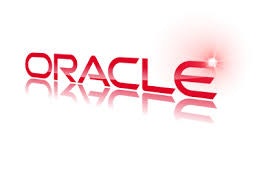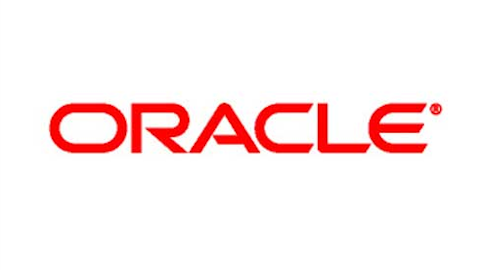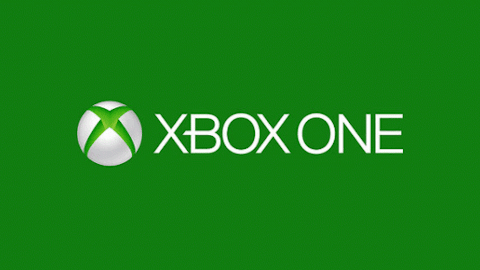
First, and most important, it agreed to let its database software and Java language run on Microsoft Corporation (NASDAQ:MSFT) Azure cloud. It had already been running on Windows server.
Second, it made peace with rival salesforce.com, inc. (NYSE:CRM), with the Software as a Service vendor agreeing to buy both Oracle hardware and software going forward.
What does this mean for all three companies?
Microsoft gets cloud relevance
Microsoft Corporation (NASDAQ:MSFT) is the big winner in this.
The company has been lagging in the cloud wars for some time, because its Azure is not an infrastructure, but a platform, with all the tools needed for companies to move applications to the cloud.
What makes this a problem? Cost, and the vendor lock-in inherent in becoming dependent on one company’s tools for your technology future.
Even after the company announced it would sell “bare-bones” infrastructure and set its prices to match those of Amazon.Com, which is leading in the public cloud race, Microsoft seemed unable to gain traction.
The Oracle Corporation (NASDAQ:ORCL) deal changes this. Oracle has a ton of enterprise customers who want workloads moved to cloud eventually, and this gives them a way to do so in a way that’s price-competitive with what Amazon offers.
This will create a short-term hit to earnings – Amazon isn’t making money on cloud so chances are Microsoft Corporation (NASDAQ:MSFT) won’t either – but it will make for top-line growth, and provide huge opportunities for cross-selling to companies that had standardized on Windows years ago.
This doesn’t solve Microsoft’s bigger problem – the rise of Bring Your Own Device (BYOD) programs at large companies which heavily favor Google Android and Apple’s iOS – but it’s a big win nonetheless.
Oracle gets into cloud
For Oracle Corporation (NASDAQ:ORCL) the Microsoft Corporation (NASDAQ:MSFT) deal was a necessity, and the salesforce.com, inc. (NYSE:CRM) deal is a pure win.
For the last year Oracle has been selling something called “Oracle Cloud” which is, as David Linthicum of Gigaom has said repeatedly, actually “faux cloud.” When your “cloud” is based entirely on proprietary hardware and software, when it requires expensive purchases of big iron servers like those Oracle Corporation (NASDAQ:ORCL) brands as Exadata, it doesn’t matter that the result lets you do virtualization and share work loads among many devices. You’re not getting the savings cloud promises.
Now, Oracle can keep those customers and give them a cost-effective solution for real cloud workloads. It will probably lose some Exadata sales over this, but those were sales it was going to lose anyway, because companies concerned about “faux cloud” were looking to ditch Oracle Corporation (NASDAQ:ORCL) entirely. This prevents that.
As to salesforce.com, inc. (NYSE:CRM), this is a big win for Oracle. It means money coming into the Exadata unit. It means peace in our time with a leading vendor or Oracle solutions. And the word will now go out, plainly, that these are in fact Oracle Corporation (NASDAQ:ORCL) solutions, which should help the company’s sales staff going forward.
What did Salesforce.com do?
On the surface this doesn’t make sense for salesforce.com, inc. (NYSE:CRM). In the long run, maybe it doesn’t.
But in the short-term, over the next year or two, this is an important deal, and it provides Salesforce.com CEO Marc Benioff with an eventual escape hatch.





